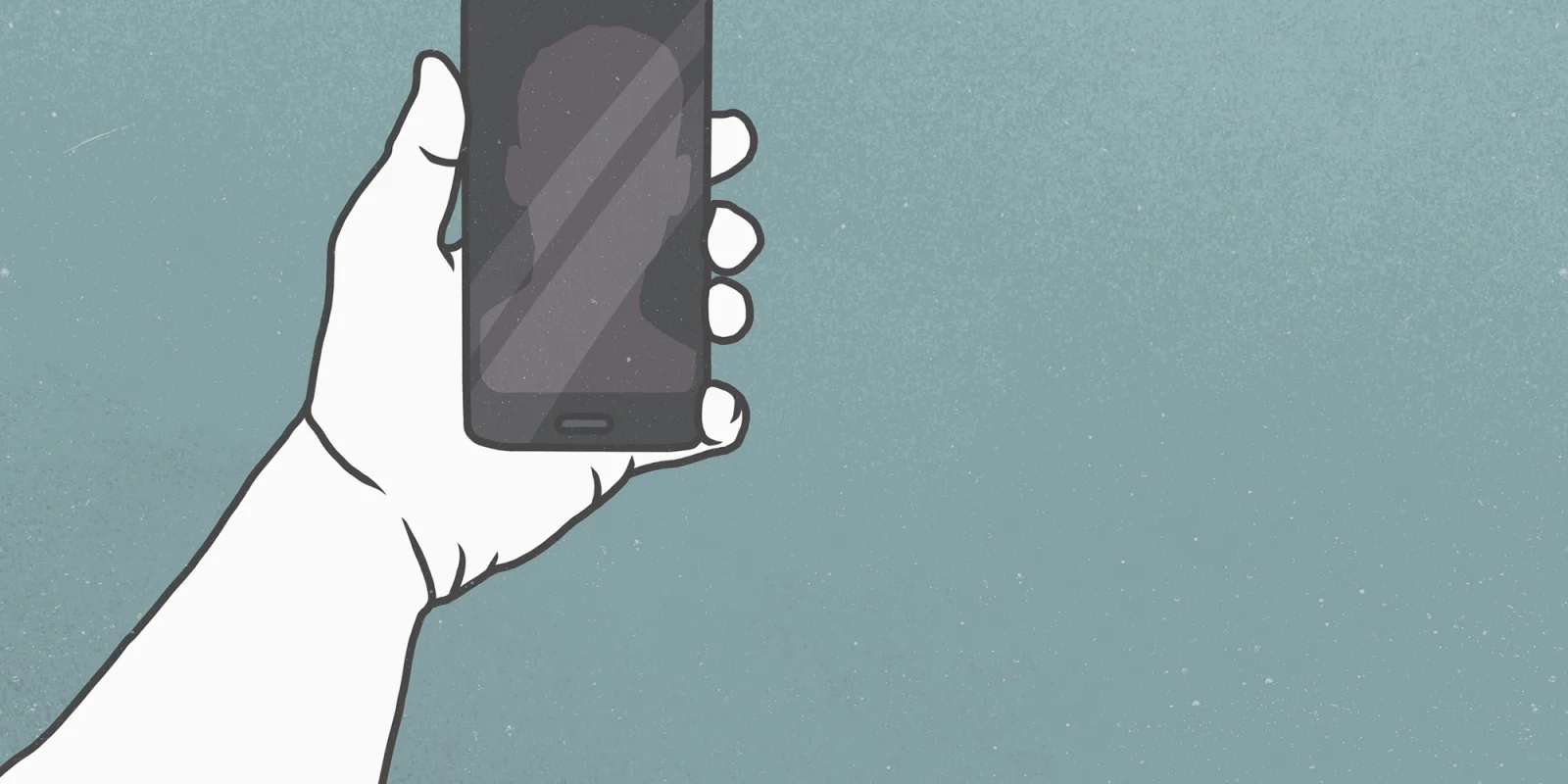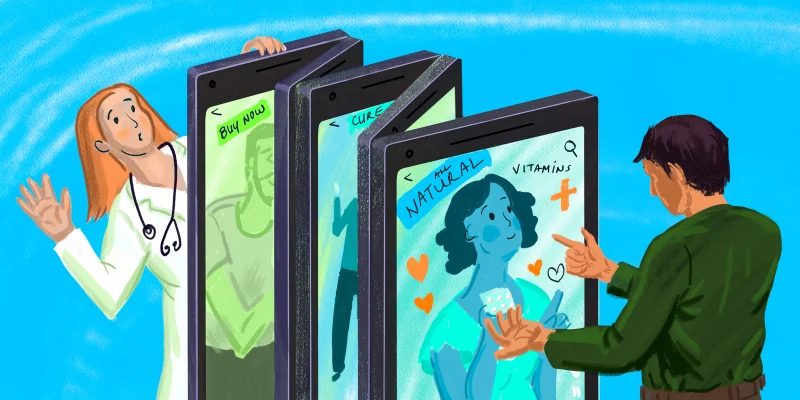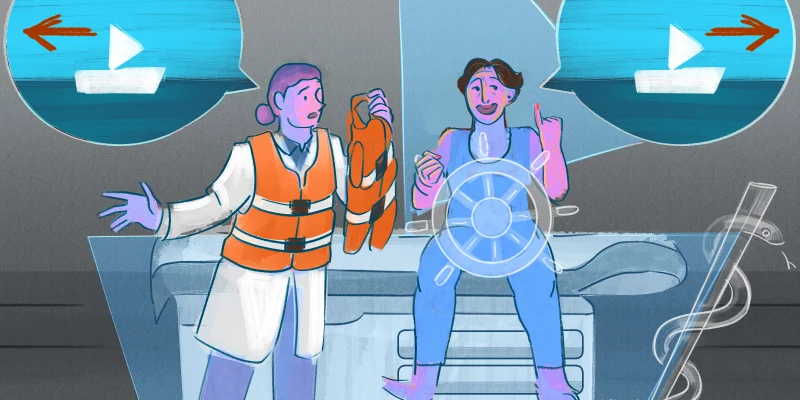
The first interview — I am nervous. My suit is pressed, hair tucked back, shoes shined, and my phone switched to do not disturb and silent. Once it is placed into a zippered compartment of my purse, it leaves my mind. Refreshingly unplugged.
After being attached to my cellphone during clerkship months or for interview offers, in which every ping or vibration required immediate attention and response, a break is foreign. Any delay in responding meant missing a clinical opportunity, or worse missing an interview spot by a few minutes. The constant annoyance I integrated begrudgingly into my life was now finally silent. The new emptiness allowed much needed mindfulness and clarity to emerge.
It is no surprise how addictive our smartphones have become. When there are cellphone applications meant to simply limit the time we spend on social media and our screens, it is clear we have found our most meaningful companionship with our phones. In the course of a regular day, I can count on a hand how many times a passerby looks up from their screen to make eye contact or say a quick hello. Even elevators—with poor Wifi connection and intermittent carrier service—are crammed with people checking emails and sending off text messages in cohesive silence. It now feels abnormal to attempt social connection with a stranger outside the confines of our phones.
The interview day in this regard feels old school. No phones, as predecessors have advised emphatically. Complete focus should be given to the interactions with residents, faculty and fellow applicants. Eye contact is expected, not avoided; small talk is essential, not an annoyance. This standard is irreplaceable. Decisions are made by both programs and applicants on these small hopefully unfettered interactions.
Cellphones, though previously an interview taboo, seem to be finding their way to the applicant experience. In the hands of applicants, residents, and faculty members, phones still appear to be a considerable habit. In the spaces between interviews, when conversation lulls or an urge to check one's email occurs, an applicant might quickly swipe through their notifications. The fear of appearing bored is quickly superseded by the fear of missing an important email or text message.
Smartphones have become incorporated into patient care, via team group text messages, pages channeled through emails or phones, or as a conduit for consults. Therefore, it is understandable when a resident is momentarily occupied with their phone. However, on interview days where many programs attempt to decrease clinical activities to allow residents and students more time to acquaint themselves with one another, it is unfortunate to persistently observe heavy cellphone use.
Our devices become obstacles to understanding a residency program, especially when conversation is interrupted by glances to one's phone, or ongoing conversations are ignored for this common distraction. Most shocking, is to see a mobile application for social media, games, sports, or news content open on someone's phone during tours, in the midst of interview dinners, or in waiting areas in between student interviews. Even though it would seem logical for applicant phone use to be judged less harshly in this environment, the disengagement becomes a foreseeable certainty from the perspective of both parties.
In the 10-20 minute interviews with faculty members it is rarer to see phone use, other than as a measure of time, but it can still occur. When answering an exciting question, the ultimate anticlimax is losing the attention of an interviewer to their cellphone.
Similar to any other human connection outside of the interview space, phones are a distraction. It is simple. Engagement occurs with eye contact, with intentional conversation, with both verbal and non-verbal cues of active listening. It does not occur through a screen. Rank lists and interviews, though based on electronic residency applications, are dependent upon tangible connections.
If this connection is not a priority, the process becomes superficial. The applicant's ability to understand a program and the aspects residents cherish is hindered. The student's barometer on resident satisfaction becomes less reliable. The feeling of belonging sought by many applicants during this process may never occur if impeded by handheld devices. Similarly, if residents have voting privileges in a program's rank list, their cellphone use can impact their ability to differentiate candidates in a meaningful context. The value of the travel and associated costs for the residency interview process undoubtedly lessens in this culture.
In the ever-evolving yet somewhat traditional interview experience, where do phones fit in? In a decision that is both logical and largely based on a "gut" feeling during an interview experience, cellphones may unknowingly do more harm than good. Regardless, a radical shift in smartphone use is unlikely due to the feasibility in implementation. Reaching a compromise between our contemporary habit and the residency interview process is an optimistic hope.
Shree Agrawal is a fourth year medical student at Case Western Reserve University, where she also completed her bachelors of science degree in biology. She is passionate about research surrounding patient decision-making and is applying for urology residency this fall. Shree has recently completed a clinical research fellowship in genitourinary reconstruction at the Glickman Urological and Kidney Institute at Cleveland Clinic and currently blogs for Doximity and the Association of Women Surgeons. In her free time, she enjoys boxing, practicing yoga, and cooking. She is a 2018-2019 Doximity Author. Twitter: @ShreeAgrawal21







